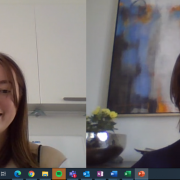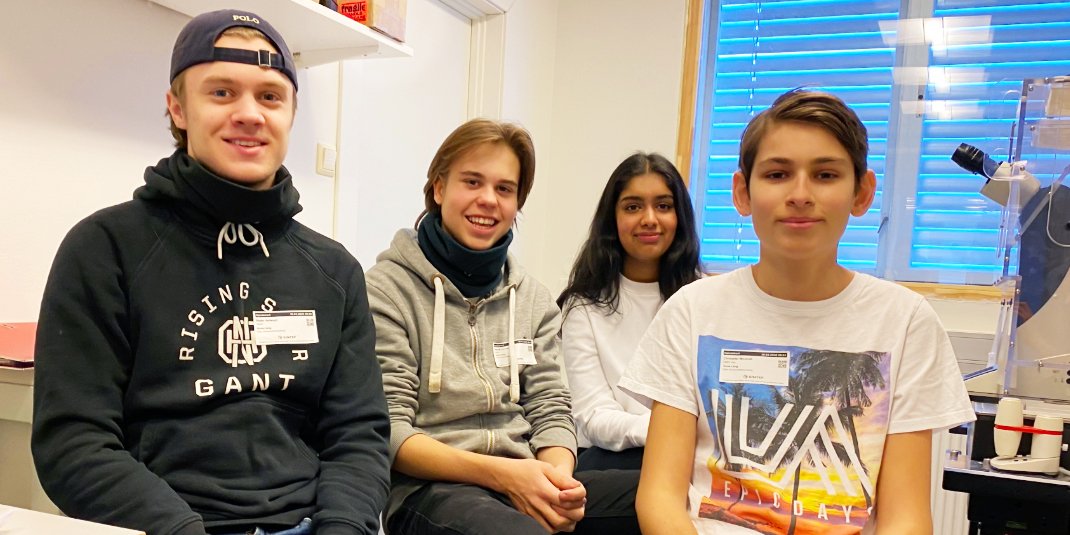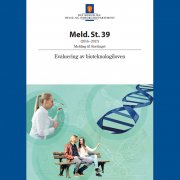Integrating clinical trials in cancer treatment
How can we make clinical trials an integrated part of cancer treatment in Norway so that more patients can gain access to new and better treatments?
We arranged a webinar with key experts and politicians to answer this question. Watch the entire webinar on Youtube:
“The number of patients that get considered to participate in clinical studies in Norway is too low and it is difficult to arrange clinical studies across borders in the Nordics. This is unacceptable, but how can we change it?” This is how the moderator Ketil Widerberg, general manager of Oslo Cancer Cluster, set the scene for our first webinar, which was live-streamed from Kreftforeningens Vitensenter in Oslo.
A visionary plan
The Norwegian Ministry of Health and Care Services has said that clinical studies should be an integrated part of patient treatment in Norway. This is especially relevant when it comes to the advent of new cancer treatments and the fact that the number of clinical trials is decreasing in Norway. The Ministry is now working on a Clinical Studies Action Plan to be completed in 2020.
Maiken Engelstad, Deputy Director General of The Department of Specialist Health Care Services, gave a presentation on its contents so far. An overarching goal is to get more, useful clinical studies to Norway, so that more patients can receive better treatments, and ultimately achieve a more efficient health service.
Engelstad mentioned many important aspects to achieve this. For example, to create more collaborations between the industry and public sector, with NorCRIN as a “one-stop-shop” for clinical studies. Engelstad stressed that Norway needs to build capacity, so that feasibility, recruitment and approval is accelerated. Engelstad also talked about building competency, by including clinical research, gene therapy and artificial intelligence in education. Moreover, Engelstad wants to increase the multitude of different studies, catering to both big and small patient groups, vulnerable patients, assessing both new and established treatments, and conducting the trials both locally, nationally and internationally.
“We need to look to Norway’s advantages, such as real world data, which can be used from designing the drugs to implementing new therapies in the clinic.” Maiken Engelstad
Engelstad said that there needs to be a national and regional framework in place to achieve this, with regulations, financing, infrastructure and competency. Engelstad finally highlighted that one of the biggest challenges is to achieve a cultural change towards conducting clinical trials in Norway.
The tangle of rules
The legal framework that regulates clinical studies in the Nordics is very difficult to navigate for patients who wish to participate in and for companies that wish to arrange clinical trials. Wenche Reed, Head of Research in The Section for Research, Innovation and Education at Oslo University Hospital, talked about how complicated it is to interpret the regulations.
“There are many laws to consider when conducting clinical studies. It is not easy to navigate the legal landscape – not even for lawyers!” Wenche Reed
Reed explained that the advent of personalized medicine in cancer is challenging the division between patient treatment and clinical research. Moreover, the ethical and legal framework for handling big data is being challenged, because of new developments using artificial intelligence in diagnostics.
Tearing down the barriers
The introductory presentations were followed by a lively panel discussion, divided into three sections. The first section included a video message from Tone Skår, project manager in VIS Innovation and founder of the MED.hjelper project and #SpørOmKliniskeStudier social media movement. Skår emphasised the importance of informing patients of the possibility of participating in trials and creating incentives for doctors and hospitals to run the trials.
Sigrid Bratlie, Special Adviser in The Norwegian Cancer Society, commented that a cultural change is needed. Bratlie said we need to look at concrete cases to learn how to conduct successful clinical studies in cancer personalised medicine.
Bratlie highlighted that Norway has world-class cancer research milieus, especially in cell therapy, but the total number of clinical trials is dwindling. Europe risks falling far behind the US and China, because of the complicated legal framework.
“The Biotechnology Act is just one small piece of the puzzle. Soon there will be a hearing for the Genetechnology Act. We need to look at the bigger picture and how the different laws interact.” Sigrid Bratlie
The second part of the panel conversation turned to both clinicians and industry for their perspectives. Daniel Heinrich, Senior Consultant Oncologist at Akershus University Hospital and Head of The Norwegian Oncology Association, wants to offer his patients the opportunity to try new treatments, which potentially can be better than the standard treatment. Heinrich highlighted that it is difficult for patients that need to travel to different hospitals and private clinics for testing because the hospitals lack capacity. He said that the directives need to come from above, from hospital management, the Directorate of Health and the politicians.
“It is almost impossible to include patients in studies in other countries now. Often it is difficult to understand why!” Daniel Heinrich
Baldur Sveinbjørnsson, Chief Scientific Officer in Norwegian cancer start-up Lytix Biopharma, has tried to arrange a clinical trial in Norway, but found that it was better to conduct it from a hospital in Copenhagen. When patient recruitment was too slow and costs were mounting every day, Sveinbjørnsson travelled around the Nordics to attract patients. There was great interest, but the differing regulations and processes in the Nordic countries put a stop to recruitment.
“We have started looking towards the US and filed an application to the authorities to conduct our next clinical study there.” Baldur Sveinbjørnsson
Hege Edvardsen, senior adviser in Legemiddelindustrien (LMI), thinks Norwegian companies should be able to conduct their trials in Norway. Edvardsen said we need to establish a “one-stop-shop” for clinical studies in Norway. Edvardsen said that the pharmaceutical industry often turns to the most successful cancer centres and hospitals when placing their clinical trials.
“Dedicated enthusiasts are the ones running the clinical studies, but we need targeted financing, so the people doing the work are acknowledged.” Hege Edvardsen
The final part of the panel discussion included two politicians’ visionary perspectives for the future.
Marianne Synnes Emblemsvåg, politician for The Conservative Party of Norway – Høyre, said she was touched by the ambitious plans in the Action Plan. Emblemsvåg commented that she is an impatient person, but that the bureaucratic process takes time to change.
“We need to market Norway in a way that makes us attractive for clinical trials.” Marianne Synnes Emblemsvåg
Emblemsvåg commented that there are many exciting developments considering artificial intelligence and diagnosing cancer, but that they come with some very challenging ethical considerations.
Tuva Moflag, politician for The Labour Party of Norway – Arbeiderpartiet, agreed that things take time to change. Moflag emphasised that part of the political work is to “clean up” some of the bureaucratic mess and to remove the legal barriers.
“We should have high ambitions for clinical studies, considering that we are a rich country and should assume responsibility for our patients.” Tuva Moflag
Moflag also stressed that there needs to be infrastructure, personnel and financing to complete it. Creating a culture of innovation, so that medical personnel feel they are part of something bigger than themselves.
The webinar ended with some final comments from Engelstad, who had been listening and taking diligent notes to bring with her in her work with the Action Plan going forward.
- Read a summary of the webinar (in Norwegian) at LMI:s website.
We want to direct a special thank you to all the meeting participants, to the organising partners and to everyone who followed the live stream.
Our next meeting in this series will take place this fall. More details will be published on our website closer to the event.
Event organisers:

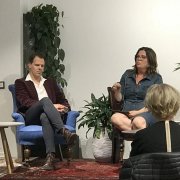

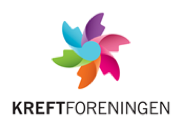


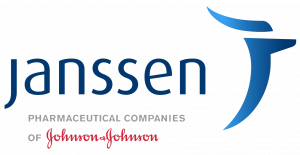


 Alice Ponce / Pixabay
Alice Ponce / Pixabay